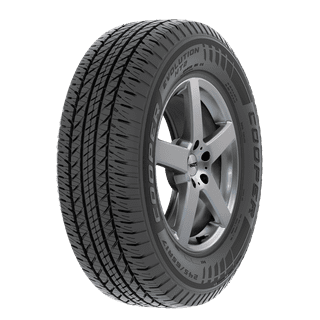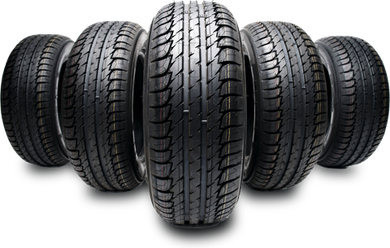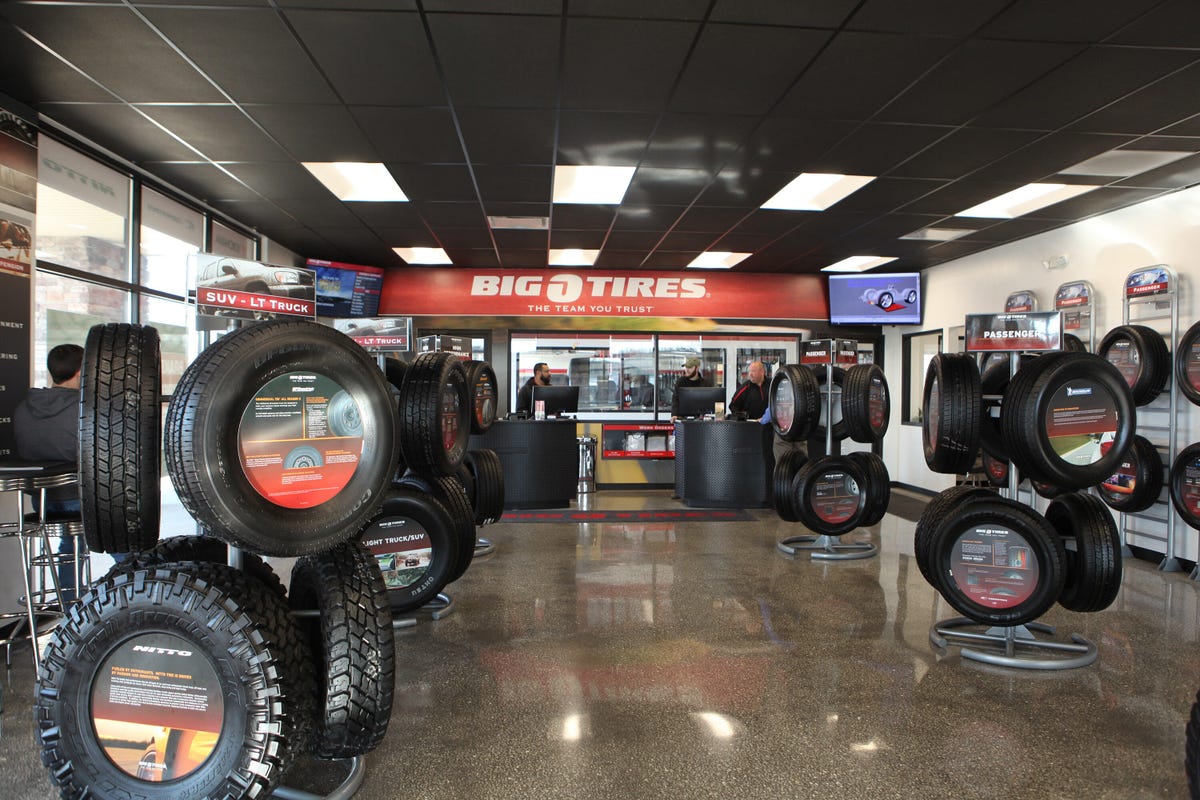Tire Service: Understanding Tire Stress Tracking Equipments
Understanding Tire Pressure Tracking Equipments (TPMS) is an important aspect of maintaining optimal lorry performance and security on the road. With advancements in auto technology, TPMS has actually become a conventional feature in modern-day automobiles, providing real-time info on tire stress degrees.

Importance of TPMS
The importance of Tire Pressure Monitoring Equipments (TPMS) depends on their capacity to enhance vehicle security and performance through real-time tracking of tire pressure levels. Keeping the appropriate tire stress is critical for making certain optimal handling, stopping, and total safety of a lorry. TPMS offers vehicle drivers with prompt feedback on any type of underinflated or overinflated tires, enabling timely changes to be made.
Elements of TPMS
Sensing units are generally situated in the tire valve stem or attached to the wheel setting up, where they measure tire stress and transmit information to the control component. Some advanced TPMS models also present the real tire stress analyses for each tire, supplying chauffeurs with real-time details to ensure ideal tire performance and security. By keeping an eye on tire stress continuously, TPMS assists stop mishaps, decreases tire wear, and improves fuel efficiency, making it an important part for car safety and security and efficiency. mopar tire service specials.
Sorts Of TPMS

On the other hand, indirect TPMS counts on the lorry's wheel rate sensing units to check tire pressure. This system discovers underinflation by contrasting the rotational speeds of the wheels. Indirect TPMS is less costly than direct TPMS, as it uses existing sensing units within the lorry.
While straight TPMS provides much more exact readings, indirect TPMS is easier in layout and usually calls for much less maintenance. Both systems have their benefits and limitations, and the selection between them typically depends on factors such as expense, car make, and individual preference. Understanding the differences in between these 2 types of TPMS can assist lorry owners make notified decisions regarding tire upkeep and safety.
TPMS Upkeep Tips
Effective maintenance of TPMS is important for guaranteeing optimum efficiency and safety and security of your lorry. On a regular basis checking the TPMS sensing units for any type of damage or rust is critical. Make certain that the sensors are complimentary and clean from debris that can interfere with their performance. In addition, it is suggested to check the sensing unit batteries regularly and replace them as needed to assure exact readings. Conduct routine look at the tire stress levels and contrast them with the TPMS analyses to ensure they correspond. Rectify the system following the supplier's guidelines if there are any kind of inconsistencies. Moreover, throughout tire rotation or substitute, make certain that the TPMS parts are taken care of thoroughly to avoid any possible damage. Last but not least, if the TPMS alerting light brightens on the control panel, attend to the concern without delay by checking the tire pressures and the overall system for any kind of faults. By adhering to these upkeep pointers, you can prolong the life expectancy of your TPMS and improve the security of your weblink driving experience.
Benefits of Proper Tire Pressure
Maintaining appropriate tire discover this info here stress, as emphasized in TPMS Upkeep Tips, is important for enjoying the many advantages connected with optimal tire pressure levels. Among the main advantages of preserving the correct tire pressure is boosted fuel performance. When tires are properly inflated, there is less rolling resistance, leading to much better gas economy. Additionally, proper tire stress guarantees even tire wear, extending the lifespan of the tires and promoting safer driving problems. With the ideal tire stress, vehicles likewise have much better handling and traction, particularly in negative weather. This can improve total driving efficiency and safety for the driver and guests. Preserving optimum tire pressure can contribute to a smoother and extra comfortable adventure by decreasing vibrations and noise created by underinflated tires. Finally, the benefits of proper tire pressure exceed simply tire long life; they include improved gas effectiveness, enhanced safety and security, much better vehicle performance, and total driving convenience.
Conclusion
To conclude, understanding tire pressure tracking systems (TPMS) is important for maintaining ideal tire stress and guaranteeing automobile safety and security. By acknowledging the significance of TPMS, being acquainted with its components, understanding the various types available, adhering to proper maintenance suggestions, and realizing the benefits of preserving appropriate tire stress, motorists can enhance their driving experience and prolong the life-span of their tires. Correct tire stress is vital to secure and efficient automobile operation.
